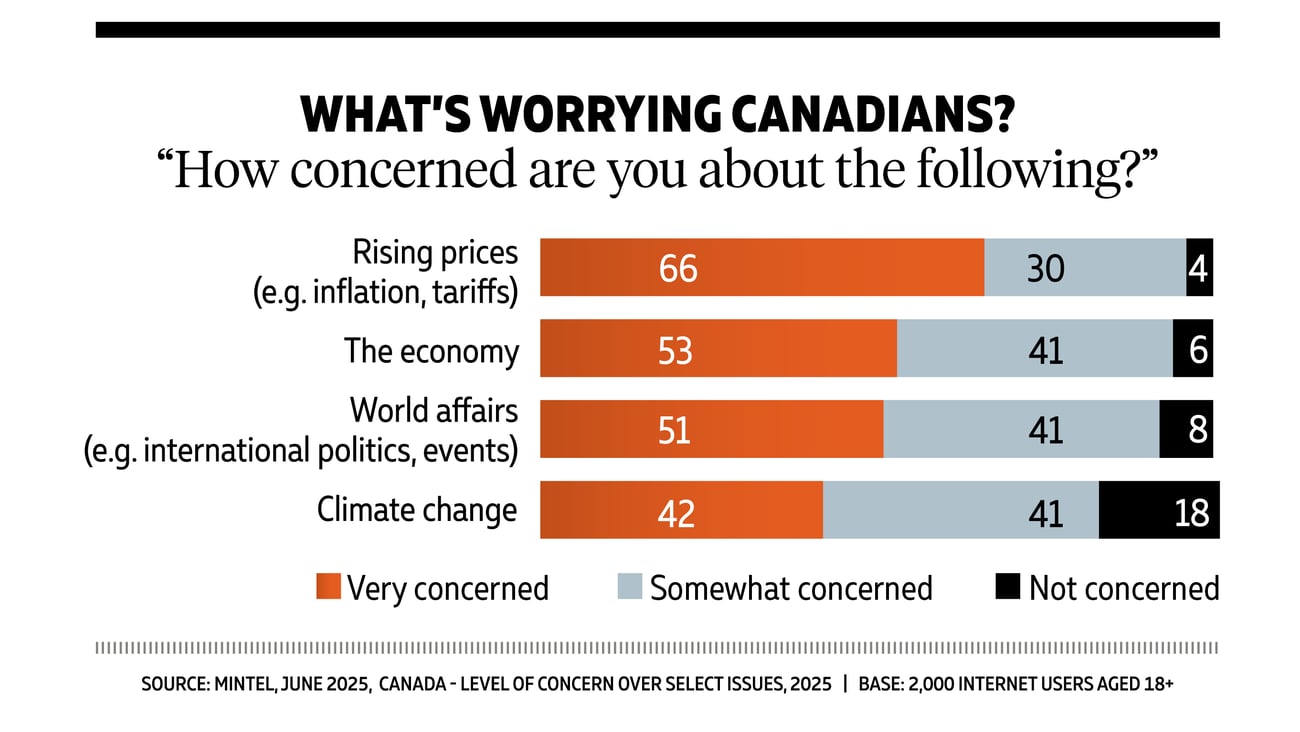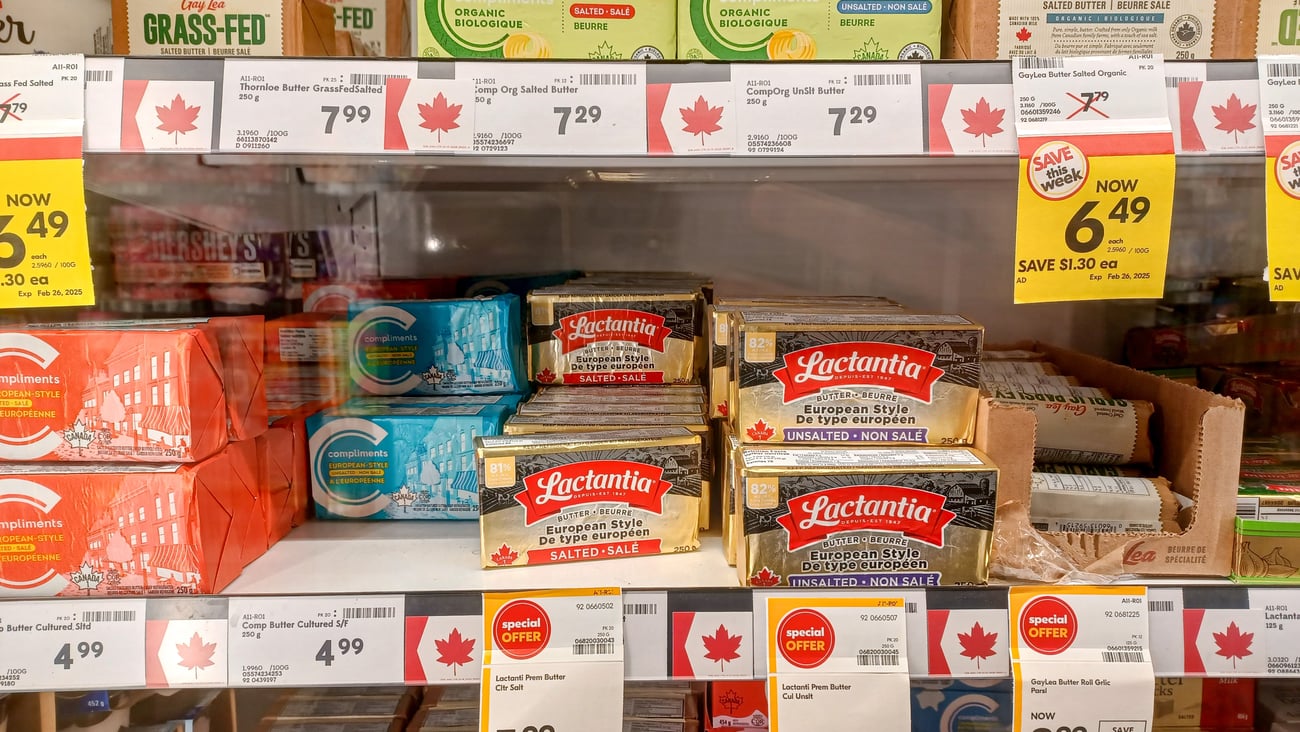Messaging around sustainability efforts key to winning over skeptical consumers
Most Canadians care about the environment and believe the food they eat impacts the planet and, by extension, their quality of life. In fact, three quarters of Canadians view environmental issues such as climate change as “increasingly feeling relevant to [their] day-to-day lives,” according to Mintel Reports Canada, Sustainability in Food, 2022. Four in five Canadians also agree that “what people choose to eat and drink has a meaningful impact on the environment.”
Beyond this, many Canadians also view climate change as a pocketbook issue. Again, four in five Canadians worry that “less predictable weather patterns related to climate change will lead to food scarcity and higher food prices.” Given current inflation levels, anything that contributes to higher food prices stands to be particularly important. If concern for the planet and personal well-being isn’t enough to motivate people to consider the environmental impact of their actions, concern over one’s finances can tip the scales.
There are two main challenges for food and drink producers to consider. The first is operational, which involves shifting to more sustainable production methods. The second is conveying those efforts to consumers in a manner that builds further trust in a company or brand.
Here’s the difficulty, many Canadians are skeptical. Just under half think “most environmental claims on food and drink packages are a scam.” If a company is going to dedicate its resources toward making more sustainable products, it should get credit for those actions.
Messaging matters
For messaging around sustainability to resonate, it needs to be simple, understandable and relatable. Who delivers the message and the focus of the message matters. Consumers don’t believe well-known food brands or companies are positioned to be their own best advocates. Canadians actually put companies near the bottom of the list when asked what sources they trust with environmental messages. At the top of the list are climate experts followed by farmers. Farmers are particularly noteworthy as they are widely trusted in Canada, so using them as campaign spokespeople can resonate with a broad cross-section of Canadians.
It’s worth noting that specific concerns around sustainability vary by food category. For instance, Canadians are more likely to associate beef, poultry and dairy with greenhouse gas emissions. With produce, the use of chemicals such as fertilizers and pesticides is more likely to be a concern, and waste matters more with beverages and packaged goods.
Finally, shoppers are looking for easier ways to compare products when it comes to understanding their environmental impact. More than 80% of Canadians agree they “would trust claims around sustainability more if there were standardized/regulated environmental labels across products.” This could be akin to nutritional labels, but instead of providing a consistent way to compare calories or sodium content, environmental labels could be used to compare the carbon output needed to make the products on shelves.
Concern for the environment, specifically around climate change, is here to stay. Regardless of other geopolitical and economic challenges, this issue consistently remains among Canadians’ top worries. To stay relevant, brands must have a strategy around sustainability when it comes to operations and messaging. In short, not only do companies need to “walk the walk”, but they also need to know how to “talk the talk” effectively to be recognized and trusted advocates for environmental health.
This article was first featured in Canadian Grocer’s September/October issue.





